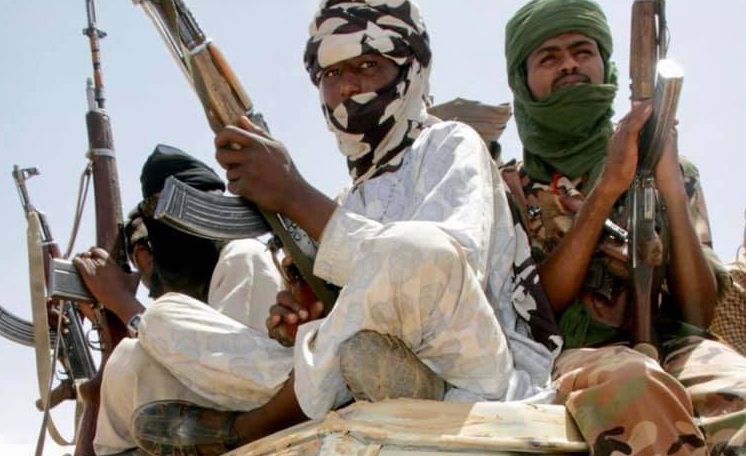To Fund the War: Militias Expand in Cultivation and Trade of Drugs

Sudan Events – Agencies
The Rapid Support Forces militia has expanded its cultivation of bango (cannabis) in the Darfur region, along with the distribution and marketing within the cities under their control.
Police sources, previously involved in anti-drug operations, told Darfur 24 that drug dealers joined the RSF after the war broke out, now operating under the protection of their weapons. Former police officers have also turned into dealers, cultivating and promoting bango. Drug dealers and users now conduct their activities openly in Nyala and El-Obeid.
Source of Funding:
Sources confirmed that drug trafficking occurs in areas controlled by the RSF in Khartoum and the Gezira region, with the militia attempting to smuggle bango into military-controlled areas through vulnerable individuals.
The militia turned to cultivating and trading bango over large areas to expand their war funding resources.
A police officer specializing in drug control confirmed that the areas planted with bango in the Redoum region of South Darfur have doubled over the last twenty months. The officer, requesting anonymity, explained that the area under cultivation had expanded after new farmers joined the cultivation and promotion of the drug following the withdrawal of anti-drug police forces.
In 2022, the South Darfur police estimated that the area cultivated with bango in Redoum was around 20,000 acres, mostly in a rugged region along the borders with South Sudan and the Central African Republic.
Revenues from Cultivation:
The officer stated that RSF leaders had financed farmers in the Redoum region to cultivate bango, with profits divided equally. As a result, fields of bango have extended into populated areas after the withdrawal of anti-drug police from “Kafi Kenji,” “Kafin Dibi,” and southern Redoum.
The officer added that the ongoing war had prompted gold miners in the nearby “Sengu” mines to abandon mining and switch to cultivating bango, especially during the rainy season when mining halts due to the weather.
Threats:
A drug dealer, who recently joined the RSF, allegedly threatened the anti-drug officer, saying, “Before, you used to arrest and prosecute us, but now, if you’re a man, come to the bango market in the Nyala bus station, and you’ll see what it’s like.”
The officer’s statement was corroborated by a local community leader in the Redoum area, who confirmed that military leaders of the RSF were involved in drug cultivation and trade, facilitating its transport to marketing areas. The drug trade is highly profitable.
Sources revealed that the RSF has made transporting drugs easier, using four-wheel-drive vehicles instead of donkeys, motorcycles, and bicycles, which were previously used before the war.
The Largest Drug Capital:
The capital of East Darfur, El-Dohein, has become the largest center for drug dealers, with drugs easily arriving from production areas and passing through to consumption zones.
In December, Osman Masbal, head of the Community Initiative to Combat Negative Phenomena in East Darfur, warned of the danger posed by the spread of drugs in markets under militia control. Masbal noted that drugs, including tramadol pills, are openly sold in the markets. He questioned whether what happens in militia-controlled areas is also happening in areas controlled by the military.
Open Trade:
A drug dealer from South Darfur confirmed to Darfur 24 that the situation in the state is no different from East Darfur. Before the war, buying and selling was done secretly in areas outside Nyala, and drugs were stored in various neighborhoods to avoid raids. However, now the trade occurs openly in markets across all districts.
Drug Prices:
The dealer also mentioned a rise in drug prices despite increased availability and the expanding safety for dealers. He attributed this to the growing demand among youth and fighters, along with the ease of transporting drugs to other markets. A gundul (a type of bango package) of the highest quality now costs 20,000 Sudanese pounds, up from 7 pounds before the war, while a second-grade gundul is sold for 12,000 pounds.
Previously, the Sudanese Ministry of the Interior would send a large force annually to the Redoum region, on the border with South Sudan and the Central African Republic, to destroy bango crops during the harvest season by burning them. Redoum is considered the main area for bango cultivation, with planting season starting in June and harvest occurring three months later.
Source: Darfur 24



